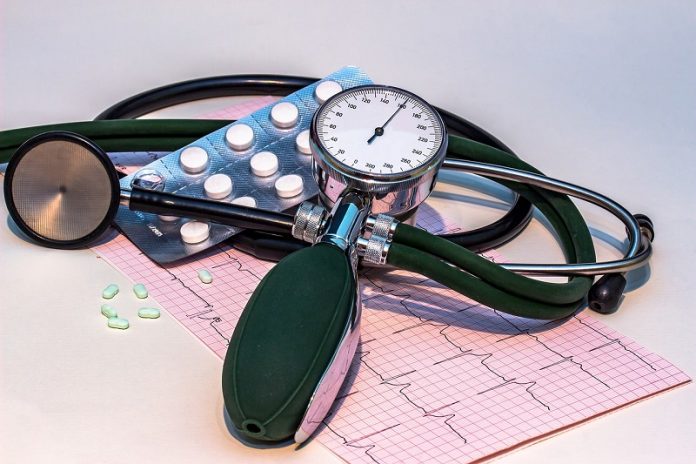
A study conducted by researchers from Kaiser Permanente suggests that home-based blood pressure measurements could be more accurate than those taken in clinical settings.
The findings are particularly significant considering the potential health complications, such as heart attacks, strokes, and kidney damage, that could arise from untreated hypertension.
The study, conducted between 2017 and 2019 at 12 Kaiser Permanente primary care centers in Western Washington, involved 510 adults. Participants, selected from electronic health records, were at high risk of developing hypertension.
To compare the accuracy of different blood pressure measurement methods, researchers divided participants into three groups.
Each group used a different method for obtaining follow-up blood pressure measurements: in a clinic, at home, or at kiosks in medical clinics or pharmacies.
All participants also underwent 24-hour ambulatory blood pressure monitoring (ABPM), considered the gold standard test for diagnosing high blood pressure.
The study revealed that blood pressure readings taken at home closely matched ABPM results. In contrast, clinic-based readings were significantly lower, resulting in an underdiagnosis of hypertension in over half of the participants.
Kiosk-based readings were higher than ABPM results, indicating a risk of hypertension overdiagnosis.
Additionally, a companion study discovered that patients preferred taking their blood pressure at home, further endorsing home blood pressure monitoring as an accurate and favored option.
Changing Current Practice
Despite guidelines recommending ABPM or home blood pressure monitoring for diagnosing high blood pressure, many healthcare providers continue to use in-clinic measurements for the second reading.
The findings from this study, however, could lead to a change in this practice, given the robust evidence supporting home-based readings.
The evidence includes data from a large participant group, the involvement of primary care clinics, and the use of real-world practitioners for taking blood pressure measurements.
Led by Dr. Beverly B. Green, the study is published in the Journal of General Internal Medicine.
For further insights into blood pressure research, consider studies exploring the effects of black licorice and plant pigments on blood pressure, options for treating slightly elevated blood pressure, and how a common painkiller could significantly raise blood pressure.
If you care about high blood pressure, please read studies about potatoes and high blood pressure, and the top 10 choices for a blood pressure-friendly diet
For more information about high blood pressure, please see recent studies about the impact of vitamins on high blood pressure you need to know, and the powerful link between high blood pressure and a potassium-rich diet.
Follow us on Twitter for more articles about this topic.
Copyright © 2023 Knowridge Science Report. All rights reserved.



